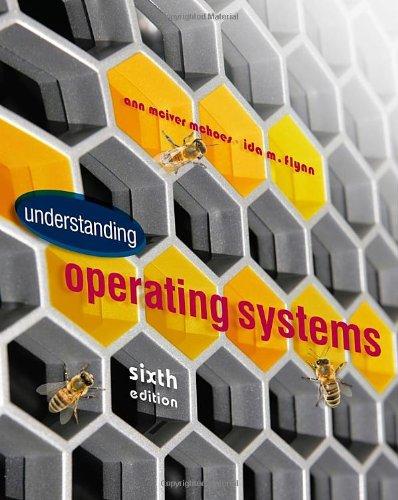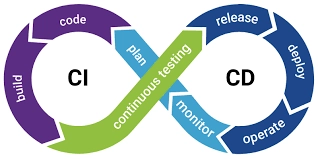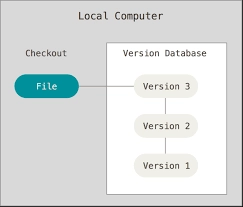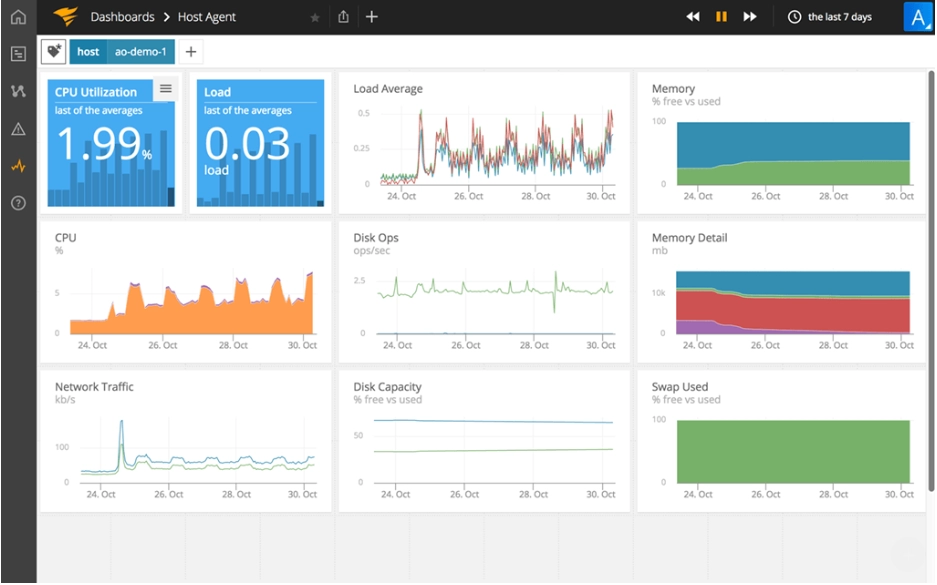Introduction

Are you seeking a challenging job where you can utilize DevOps to the fullest extent possible and even go a little further? A position as a site reliability engineer would be ideal.
Here, we'll provide you with a detailed road map for obtaining your ideal position.
The Site Reliability Engineer at LinkedIn, the necessary skill sets, road maps, and significant connections that you can also refer to are all covered in this piece.
LinkedIn Preparation Guide

Before the DevOps movement, in 2003, the first team of software engineers at Google was entrusted with increasing the dependability, efficiency, and scalability of Google's already sizable websites. Site reliability engineering (SRE) was born as a result. They created procedures so effectively meeting Google's requirements that other major digital firms, like Amazon, Netflix, and LinkedIn, adopted them and introduced new techniques.
SRE gradually developed into a full-fledged IT domain to create automated solutions for operational aspects, including on-call monitoring, performance, capacity planning, and catastrophe response. It complements other fundamental DevOps techniques like infrastructure automation and continuous delivery.
Consider working for a business that creates items millions of people use every day worldwide. We'll talk about one such company in this piece, Linkedin. We'll look at the business and the LinkedIn interview process for professionals and software engineers. We'll also look at advice on how to get ready for and get hired at LinkedIn as a software engineer. Later, we'll review some of the most typical LinkedIn interview questions.
Let's first learn a little bit about LinkedIn before moving on. LinkedIn is the name of the largest professional networking platform in the world. Its main office is in Sunnyvale, California, established in 2003. Software engineers, By enabling people to share their experience, knowledge, and practical skills with those who might need them, professionals can use Linkedin to employ someone, find a job or internship, connect with others in the field, and develop existing professional ties. One can organize events, publish updates, join organizations, or publish blogs that millions of people can read on Linkedin.
Check Out this link for the interview bundle for guided preparations for LinkedIn.
Ways to Join LinkedIn

Automating operational duties is a critical component of the specialized IT position known as SRE. Both developers aiming to manage massive infrastructures and systems engineers looking to advance their programming abilities may find the position to be a good fit. Candidates with expertise in software development, automation, and a wide range of associated tools will have an edge during the interview.
Any SRE interview will subject candidates to various inquiries or practical tests designed to gauge their understanding of whole site reliability skill sets. While the specific requirements of the employing firm may affect these questions or examinations, The five essential interview topics that an SRE candidate might anticipate are software development, monitoring, debugging, networking, infrastructure, operations, and business-side concerns.
Software Development

The first interview questions in this field typically probe a candidate's fundamental understanding of the programming languages used by the company, such as Perl or Java, along with data structures like queues, stacks, heaps, and algorithms. This part of the interview may require the candidate to examine the code to find flaws, inefficiencies, and locations where the code might malfunction or result in unpleasant outcomes, which are crucial concerns for software reliability. Other considerations about software development might include critical applications and interfaces, including databases, with a focus on interoperability and configuration difficulties that can impact the stability and performance of an application.
Monitoring and Troubleshooting
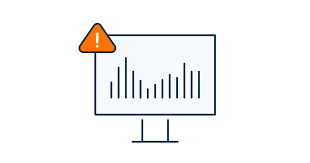
SRE interview questions in this category frequently test candidates' understanding of monitoring principles and practical knowledge of specific tools or approaches. For instance, the interviewer can ask how to parse a log file to produce a CSV of particular events or processes or how to measure database query durations, a crucial aspect of performance monitoring.
Networking

Networks are essential to computing and service delivery, but SREs are not network engineers. Candidates for SRE positions should be proficient in networking and be able to respond to a variety of real-world network questions.
These questions range from being very simple to being quite challenging. The interviewer may ask a candidate to define or describe fundamental networking terms like DNS, Dynamic Host Configuration Protocol, or TCP/IP as a simple question. However, networking inquiries can quickly grow more specific and in-depth. For instance, the interviewer might inquire about the specifics of a TCP connection configuration or how to compute the amount of usable IP addresses on a /23 network.
Infrastructure and Operations

Various infrastructure and operations-related questions will often be presented to an SRE candidate; some fundamental ones will usually concern OSes and security. An interviewer might inquire, for instance, what occurs when the ps command is typed into a UNIX prompt. Candidates may be asked to describe how to secure a container image or the distinction between RAID 0 and RAID 5—as well as when to employ either over the other. The difference between a service-level agreement (SLA) and service-level indicator, as well as the variations between virtualization, containers, and Kubernetes, are other fundamental issues.
Business-side Issues
SREs are primarily concerned with technological operations, but due to their high level and broad scope, they can also be involved in business initiatives and decision-making. SREs who are successful need to have a firm grasp of crucial business-side challenges.
The value of error budgets may be a topic of discussion for SRE candidates. An error budget is the longest a system can be down without going against an SLA or other performance obligation.

If you want to explore some other job opportunities at LinkedIn, check out the articles listed below:
- Data Scientist at LinkedIn
- Internships at Linkedin
- Systems and Infrastructure Engineer at LinkedIn
- Staff Engineer at Linkedin
Site Reliability Engineer at LinkedIn
At LinkedIn, Site Reliability Engineers (SREs) play a crucial role in assuring our complex, large-scale systems' stability, automation, and scalability.
Website Stability Engineers have a wide range of backgrounds. If you enjoy change, high-stress situations, solving complex puzzles, having a tenacious desire to understand *why* something is functioning correctly (or not), viewing problems as an opportunity to improve, embracing automation over manual effort, and striving to see challenges from both a technical and a user/business perspective, you might enjoy this role in Site Engineering. Knowing any of the following—but not only that!—you might be a good fit:
- Support for customers, such as a help desk, a Genius Bar, a Geek Squad, etc.
- High-stress situations, such as those in the medical field, emergency services, restaurants, etc.
- Modeling in mathematics, such as business analytics
- Systems and network management
- Either puzzles or escape rooms






